Get a free trial until June 30, 2026!
New members get access to our science units, hands-on activities, mini-lessons, & more!

Please wait…
This video is having trouble loading. You may have lost your Internet connection.
Step 1: Click to Reload this page
Step 2: Click to
Try our other video player
Step 3: Contact your teacher if trouble persists.
Or,
dismiss this message.


Please wait…
This video is having trouble loading. You may have lost your Internet connection.
Step 1: Click to Reload this page
Step 2: Click to
Try our other video player
Step 3: Contact your teacher if trouble persists.
Or,
dismiss this message.


Please wait…
This video is having trouble loading. You may have lost your Internet connection.
Step 1: Click to Reload this page
Step 2: Click to
Try our other video player
Step 3: Contact your teacher if trouble persists.
Or,
dismiss this message.
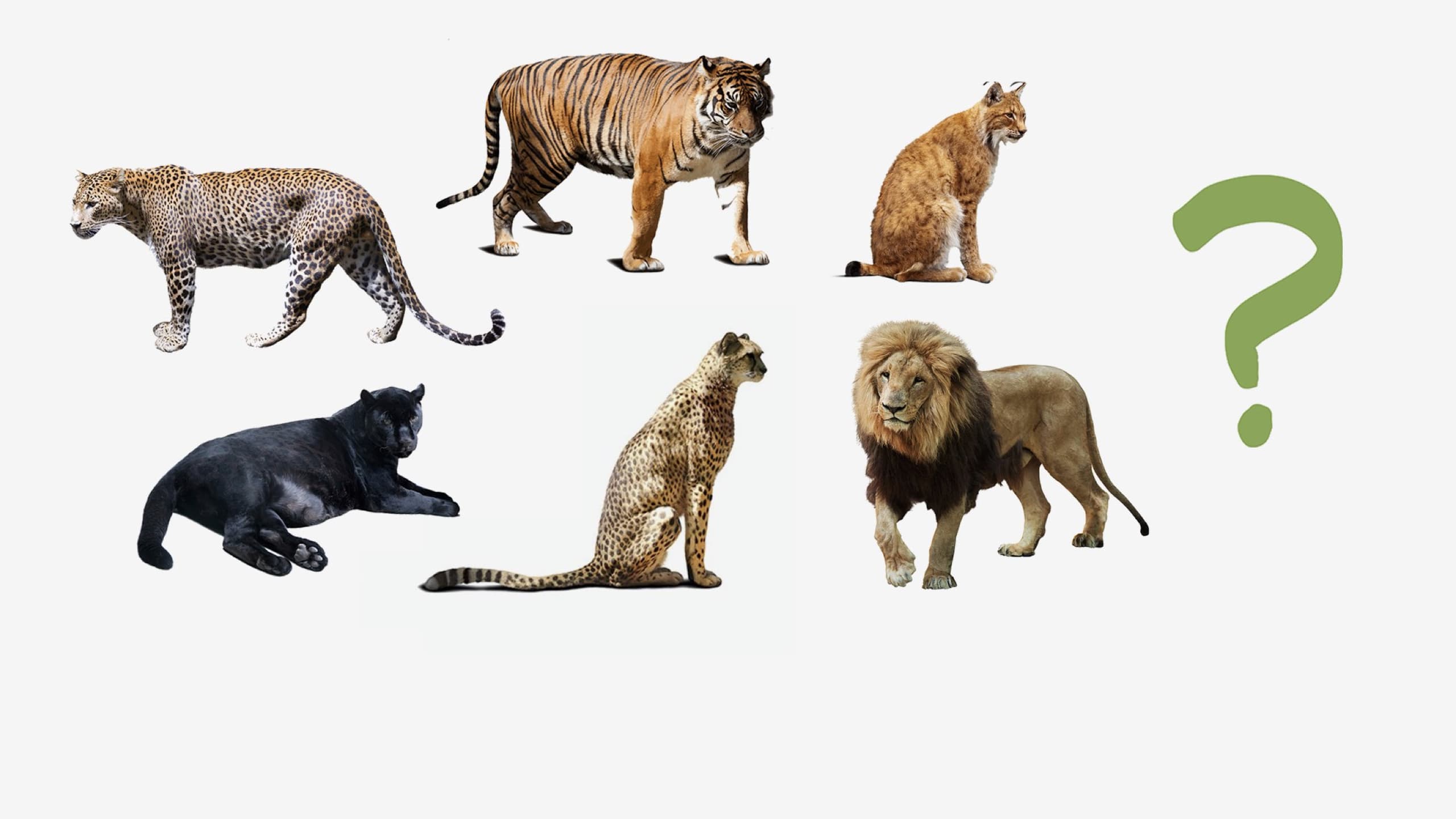
House cats say “meow.” What do you think other cats
“say”? Do they all make the same sounds? Take a guess.

Please wait…
This video is having trouble loading. You may have lost your Internet connection.
Step 1: Click to Reload this page
Step 2: Click to
Try our other video player
Step 3: Contact your teacher if trouble persists.
Or,
dismiss this message.
Listen!

Please wait…
This video is having trouble loading. You may have lost your Internet connection.
Step 1: Click to Reload this page
Step 2: Click to
Try our other video player
Step 3: Contact your teacher if trouble persists.
Or,
dismiss this message.

Please wait…
This video is having trouble loading. You may have lost your Internet connection.
Step 1: Click to Reload this page
Step 2: Click to
Try our other video player
Step 3: Contact your teacher if trouble persists.
Or,
dismiss this message.
People sometimes call lions and tigers “cats.” But how
similar are they really to house cats? What do you think?

Please wait…
This video is having trouble loading. You may have lost your Internet connection.
Step 1: Click to Reload this page
Step 2: Click to
Try our other video player
Step 3: Contact your teacher if trouble persists.
Or,
dismiss this message.
Consider this: one of a house cat's favorite things to
do is squeeze into boxes.
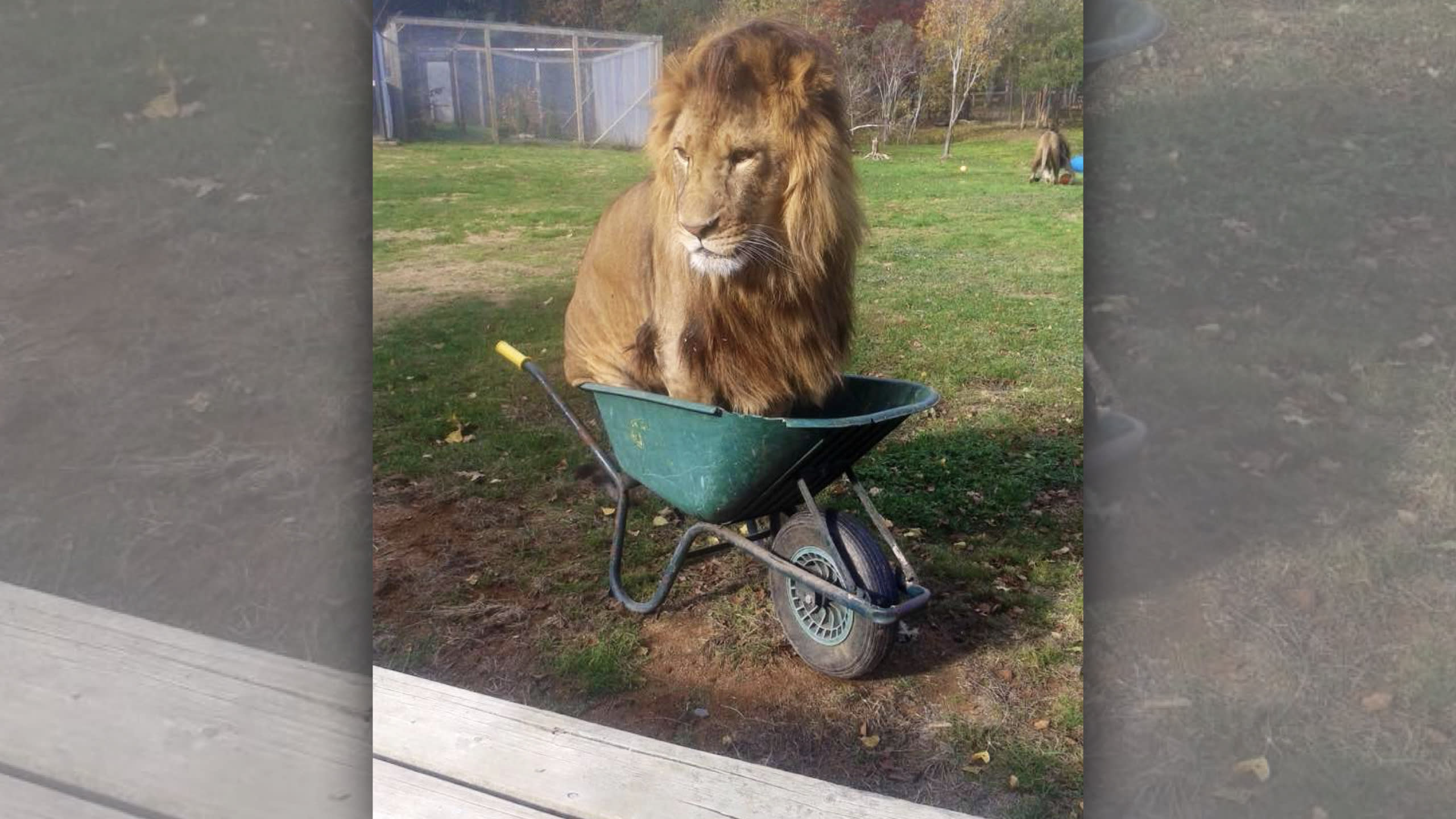
This lion doesn't have a box, but it's squeezing itself
into a wheelbarrow! That's pretty similar to house cats!

Please wait…
This video is having trouble loading. You may have lost your Internet connection.
Step 1: Click to Reload this page
Step 2: Click to
Try our other video player
Step 3: Contact your teacher if trouble persists.
Or,
dismiss this message.
House cats and wild cats love chasing lasers! Big or small,
cats are in the Feline family and they have a lot in common.

Please wait…
This video is having trouble loading. You may have lost your Internet connection.
Step 1: Click to Reload this page
Step 2: Click to
Try our other video player
Step 3: Contact your teacher if trouble persists.
Or,
dismiss this message.
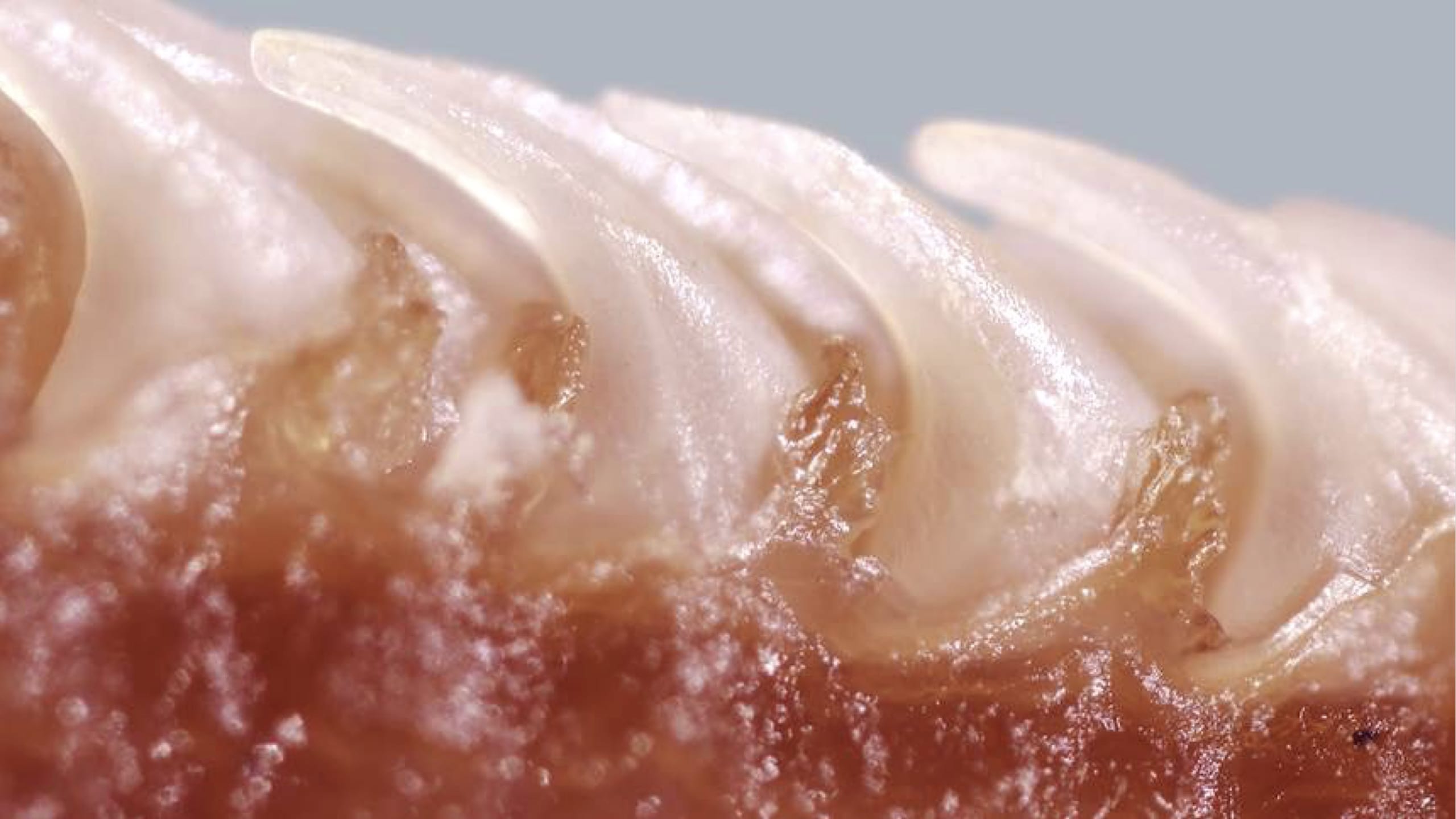
This is a close-up photo of part of a cat. You might think
it’s the cat’s teeth, but it isn’t. Can you guess what it is?
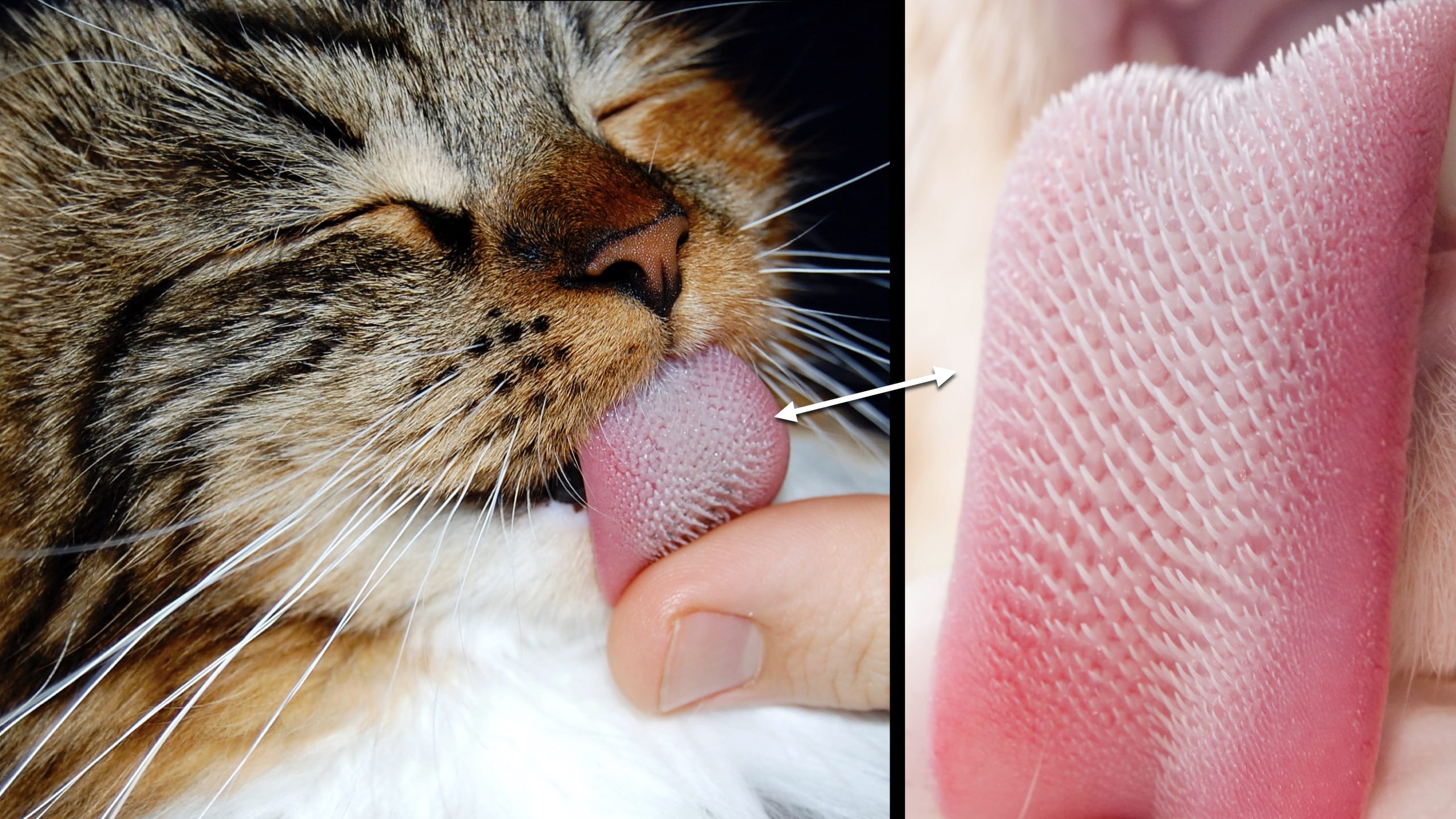
It’s a cat’s tongue! It has tiny hooks all over it, which feel
rough like sandpaper. But what are the hooks good for?
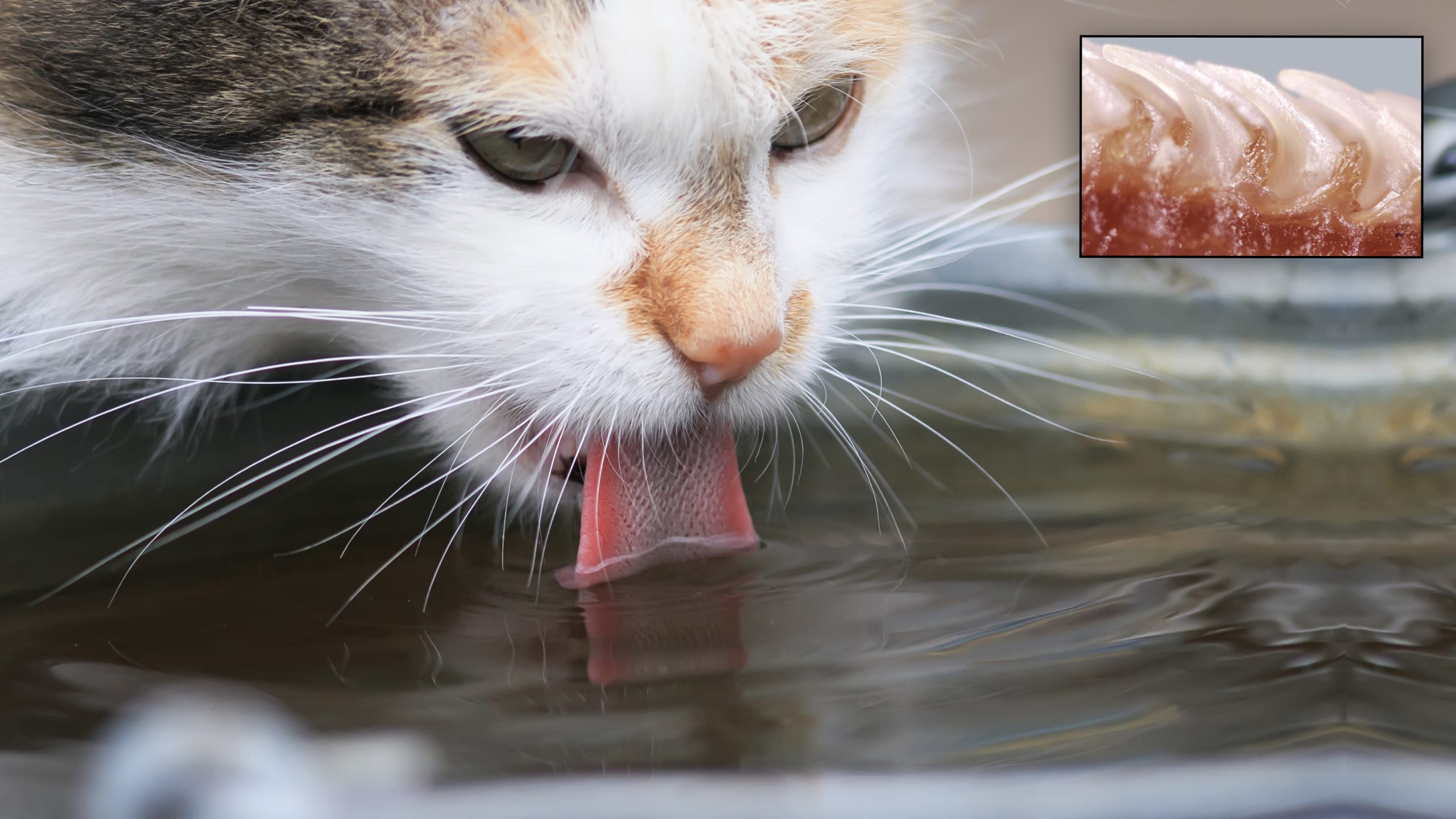
When cats lick themselves, the hooks pull out itchy, loose
hair. They also help scoop up water when drinking!

Please wait…
This video is having trouble loading. You may have lost your Internet connection.
Step 1: Click to Reload this page
Step 2: Click to
Try our other video player
Step 3: Contact your teacher if trouble persists.
Or,
dismiss this message.

Please wait…
This video is having trouble loading. You may have lost your Internet connection.
Step 1: Click to Reload this page
Step 2: Click to
Try our other video player
Step 3: Contact your teacher if trouble persists.
Or,
dismiss this message.
House cats can jump quite high. Guess how high a leopard
can jump—the same height as a kid? Into a tree? On a bus?

Please wait…
This video is having trouble loading. You may have lost your Internet connection.
Step 1: Click to Reload this page
Step 2: Click to
Try our other video player
Step 3: Contact your teacher if trouble persists.
Or,
dismiss this message.
Leopards can jump into tall trees! They spend most of their
time up high waiting for a meal to pass by. JUMP ATTACK!

Please wait…
This video is having trouble loading. You may have lost your Internet connection.
Step 1: Click to Reload this page
Step 2: Click to
Try our other video player
Step 3: Contact your teacher if trouble persists.
Or,
dismiss this message.
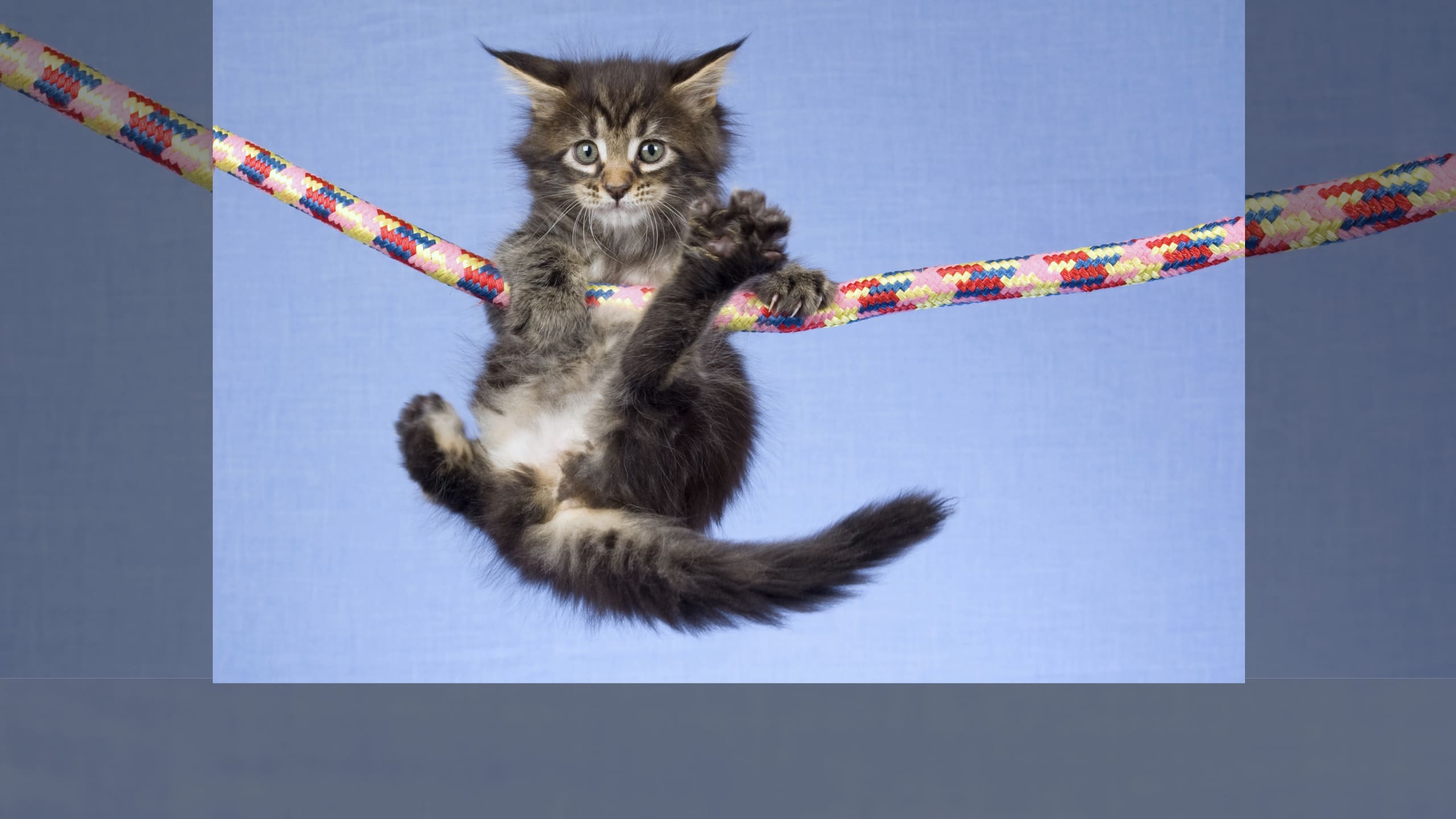
You might have heard people say “cats always land on
their feet.” Do you think this is true? Why or why not?

Please wait…
This video is having trouble loading. You may have lost your Internet connection.
Step 1: Click to Reload this page
Step 2: Click to
Try our other video player
Step 3: Contact your teacher if trouble persists.
Or,
dismiss this message.
Usually, yes! Over 100 years ago, a scientist took photos to
show how cats twist in midair. Watch this cat catch a toy!


Please wait…
This video is having trouble loading. You may have lost your Internet connection.
Step 1: Click to Reload this page
Step 2: Click to
Try our other video player
Step 3: Contact your teacher if trouble persists.
Or,
dismiss this message.
Voting for this episode is now closed. Would you like to vote on the most recent poll?

-
How do stitches work?
-Jose, 2nd Grade
-
Why do people write in cursive?
-Kingston, 4th Grade
-
Why do cars have seat belts?
-Leighla, 1st Grade






